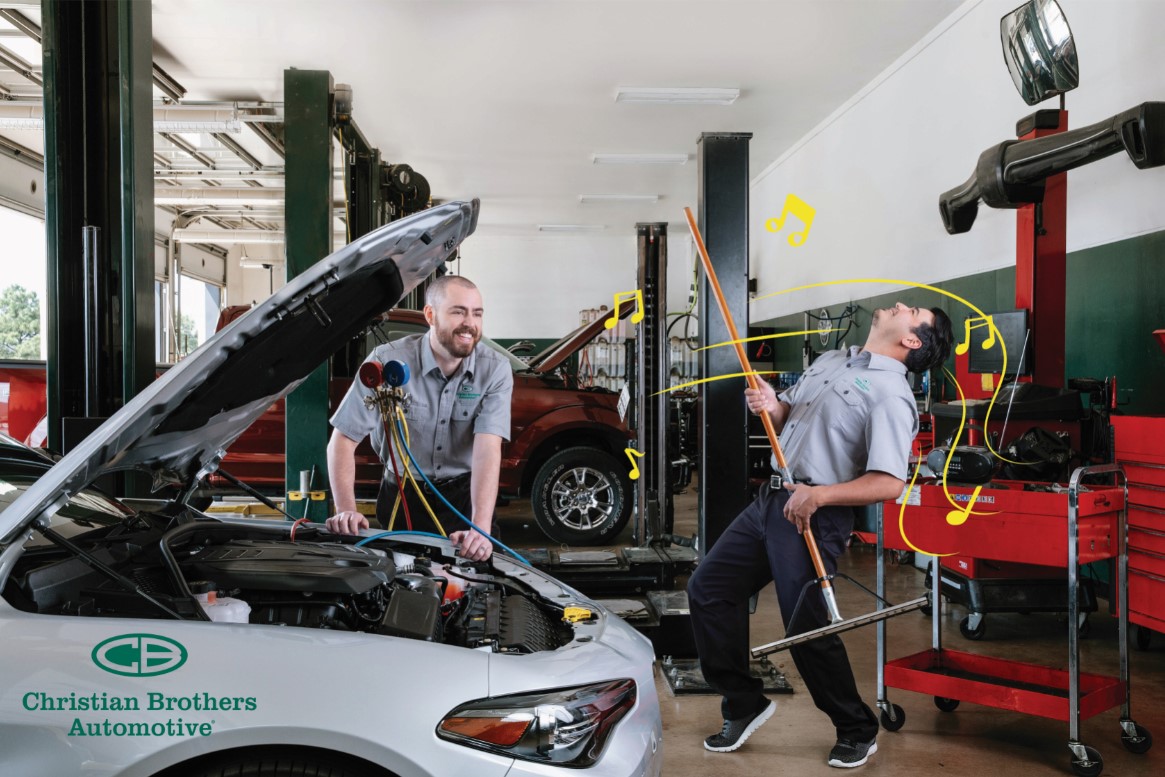All Categories
Featured

Your auto's engine is the heart of your lorry, and keeping it in top condition is important for optimal performance and long life. Regular engine tune-ups are a terrific way to keep your car's health and wellness, enhance fuel performance, and prevent expensive repair work later on. Whether you're an auto enthusiast or someone that simply intends to maintain their automobile running smoothly, these engine tune-up ideas will certainly assist you obtain one of the most out of your vehicle.
- Replace Flicker Plugs. Stimulate plugs play a crucial role in starting your engine and making sure smooth combustion. Over time, ignition system can end up being dirty or worn, bring about misfires, reduced fuel effectiveness, and rough idling.
During an engine tune-up, evaluate and change your ignition system if necessary. A lot of automobiles require brand-new trigger plugs every 30,000 to 100,000 miles, depending upon the type. Regularly replacing stimulate plugs makes sure proper ignition and optimum engine performance.
- Check and Tidy the Air Filter. The air filter stops dirt, dust, and debris from entering your engine. A stopped up or unclean air filter limits air movement, triggering your engine to work harder and shed more gas.
Check your air filter throughout a tune-up and change it if it's unclean. In dirty settings or areas with hefty pollution, you might need to transform the air filter a lot more regularly. A tidy air filter can improve gas performance and extend the life of your engine.
- Examine and Change Belts and Pipes. Belts and pipes are vital for various engine features, such as powering the alternator, water pump, and a/c system. Gradually, these elements can break, fray, or wear, potentially causing breakdowns.
Throughout a tune-up, check belts and hose pipes for signs of wear and change them if needed. Changing these parts proactively can save you from expensive repair services and avoid unforeseen failings.
- Tidy the Gas System. Your gas system, including the gas injectors and fuel lines, can build up dust and carbon deposits over time, minimizing engine efficiency. Cleansing the fuel system throughout a tune-up assists boost efficiency and fuel economic climate.
You can utilize a gas system cleaner or have an expert mechanic do a more detailed cleaning. This action is especially important for older cars or vehicles that regularly drive in stop-and-go traffic.
- Inspect the Battery and Billing System. A healthy and balanced battery is essential for beginning your engine and powering electric components. During a tune-up, inspect the battery terminals for corrosion and make certain the connections are limited.
Examine the battery's voltage and change it if it reveals signs of weakness. Additionally, have the generator and billing system examined to ensure your battery stays billed throughout operation.
- Change the Engine Oil and Oil Filter. Oil modifications are an essential component of engine upkeep. Engine oil lubes moving parts, minimizes friction, and aids regulate engine temperature level. With time, oil comes to be polluted and loses its effectiveness.
Throughout a tune-up, replace the engine oil and oil filter to maintain your engine running smoothly. Follow your car's manufacturer referrals for oil kind and change intervals.
- Inspect the Cooling System. The air conditioning system stops your engine from overheating. In time, coolant can break down or become infected, reducing its performance.
Check the coolant level and condition during a tune-up, and flush and change it if required. Check the radiator, water pump, and hoses for leaks or damage. A well-maintained cooling system assists your engine run at the ideal temperature level and avoids overheating.
- Check the Ignition System. A damaged ignition system can trigger beginning concerns and lowered engine performance. Throughout a tune-up, examine the ignition coils, distributor cap, and rotor (if relevant) Replace any kind of elements that reveal indicators of wear or damages to make sure smooth and trusted engine operation.
- Listen for Uncommon Noises. Throughout a tune-up, seize the day to listen for any unusual engine noises, such as knocking, ticking, or hissing. These audios can indicate underlying issues, such as shutoff issues, loose elements, or exhaust leakages. Addressing these troubles early can avoid more extensive damage.
- Usage Quality Components and Fluids. When doing an engine tune-up, always make use of high-quality components and fluids that meet your vehicle maker's specifications. Inexpensive or wrong components can jeopardize your engine's efficiency and integrity.
Conclusion: A Well-Tuned Engine is Secret to Long life. Normal engine tune-ups are important for preserving your cars and truck's efficiency, efficiency, and dependability. By changing worn parts, cleansing important systems, and addressing prospective problems, you can maintain your engine running efficiently for several years to come. Whether you're doing it yourself or counting on a relied on auto mechanic, investing in tune-ups is a clever method to safeguard your vehicle and appreciate a much safer, smoother experience.
Latest Posts
Find Out Cut Costs on Car Maintenance with Montclare Auto Repair’s Exclusive Deals
Check Out Montclare Auto Repair’s Top Auto Repairs and Why Drivers Trust Them
How to Know When Your Car Needs Professional Vehicle Service at Montclare Auto Repair
More
Latest Posts
Find Out Cut Costs on Car Maintenance with Montclare Auto Repair’s Exclusive Deals
Check Out Montclare Auto Repair’s Top Auto Repairs and Why Drivers Trust Them
How to Know When Your Car Needs Professional Vehicle Service at Montclare Auto Repair